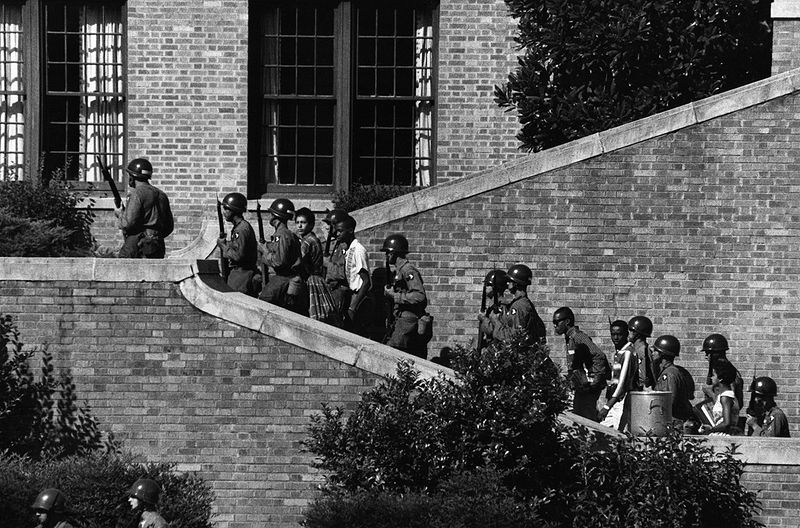Langdell’s Curse and Transactional Lawyers
 In a prior post, I criticized law schools’ heavy reliance on the case-method as a way to prepare lawyers for practice. As I argued in that post, the case method, which primarily teaches students the law through an analysis of the legal reasoning in appellate cases while ignoring most of the factual context for those cases, leads law students to think more like judges and judicial clerks than practicing lawyers.
In a prior post, I criticized law schools’ heavy reliance on the case-method as a way to prepare lawyers for practice. As I argued in that post, the case method, which primarily teaches students the law through an analysis of the legal reasoning in appellate cases while ignoring most of the factual context for those cases, leads law students to think more like judges and judicial clerks than practicing lawyers.
Still, being able to think like a judge is helpful to some degree to a litigator, for it enables her to place herself in the shoes of her potential audience — the judge – to identify her strongest (and weakest) arguments. Moreover, learning the law through the case method, even absent much of the factual context giving rise to the case, gives students some exposure to what a lawsuit is, who the different parties to a lawsuit are, and how to read and understand the procedural posture of a case. It also helps students to develop legal reasoning skills in the context of a legal problem arising due to existing facts and circumstances. The procedural and evidentiary aspects of litigation are further explored and reinforced through courses on civil procedure and evidence, which are mandatory at many law schools.
But thinking like a judge is nearly irrelevant to a transactional attorney.

